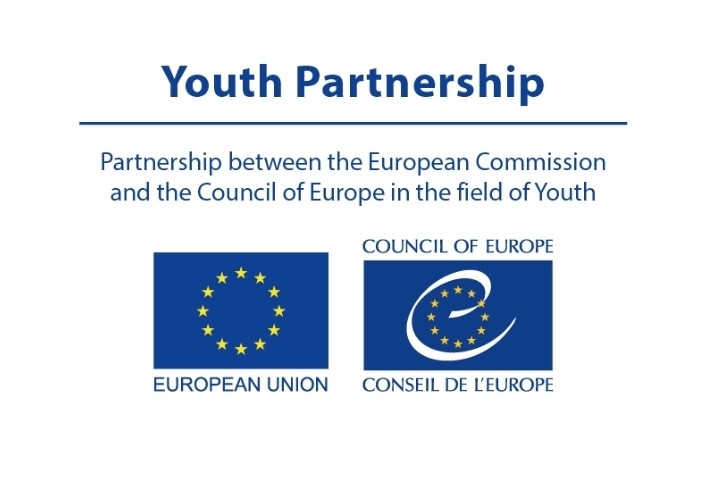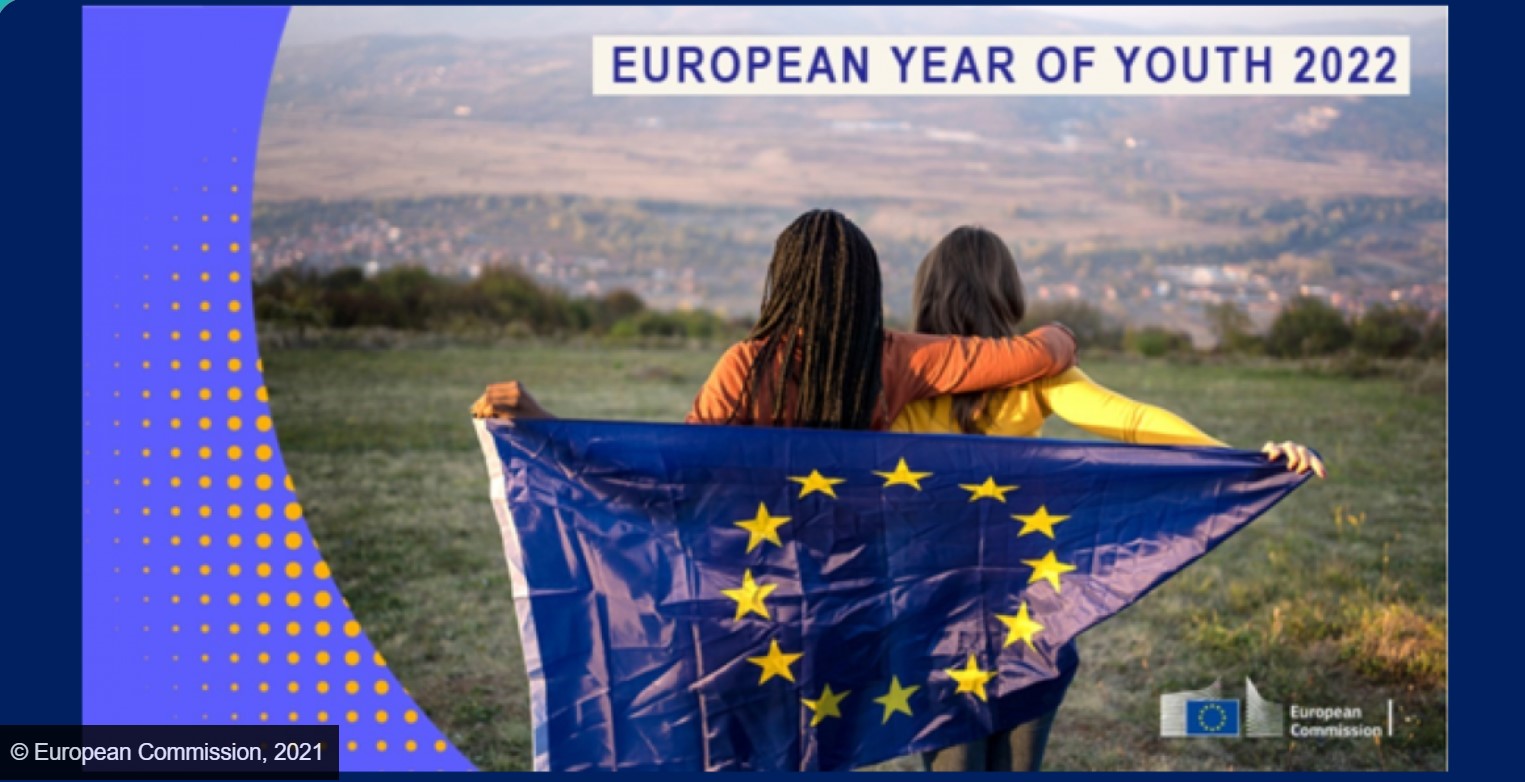Perspectives on Youth Work in Europe
Humak participates actively in the European collaboration in the field of youth work. This September 2022 Humak hosted, in collaboration with the Council of Europe and EU Youth Partnership, and with support from the Finnish Ministry of Education and Culture, an Expert meeting on higher education of youth workers Humak’s Pricipal Lecturer Merja Kylmäkoski and her colleagues have created a new Master’s level online course on Youth Work in Europe that was offered for the first time this year.

Various practices, common challenges
As part of the new Youth Work in Europe -course, I had the opportunity to conduct video interviews with seven international youth work experts: Jonas Agdur from Sweden, Rita Bergstein & Kristiina Pernits from Germany, Kadi Bruus from Estonia, Gerard Lohuis from the Netherlands, Werner Prinzjakowitsch from Austria and Mark Taylor from UK & France kindly agreed to share their long experience and insights on youth work. In addition, we had the opportunity to host Tanya Basarab, Youth Policy and Research Officer at the EU-Council of Europe Youth Partnership, as a speaker in the course. This article aims to present some of the perspectives these experts shared on youth work in Europe.
The experts agreed that there are currently new forms of youth work (like the digital youth work), mental health challenges among the youth, more hard-to-reach youth, cuts in the national fundings, more project work, and a need to boost the visibility and recognition of youth work across Europe.
According to Jonas Agdur, Senior Advisor of the Swedish network of local departments for youth work KEKS and Chairperson of European InterCity Youth -network: ”youth work is the space for young people to set their own agenda”. Therefore, youth work should always be about participation and mutual learning. International cooperation projects, such as the Europe goes local -project, provide great learning opportunities for the youth work communities, Agdur says.
Mark Taylor, experienced trainer in European educational programmes, writer and editor-in-chief of Coyote magazine thinks that youth work will be more professional and specialised in the future. According to him, youth work across Europe has made an impact despite the national cuts. Therefore, ”as a youth worker, be proud of what you do”, Taylor encourages.

Joint efforts needed to boost youth work recognition
The Council of Europe considers youth work as a broad term with different focus in different contexts. Youth work usually covers a variety of activities of a social, cultural, educational, environmental and/or political nature by, with and for young people. Such activities can also include sports, leisure time activities or services for young people. In many European countries, youth work is not a separate profession but part of social work, for example.
According to Tanya Basarab, youth work is a small but important sector in Europe. Unfortunately, the concept of youth work is not yet well known in many European countries. Therefore, joint efforts are needed to boost its visibility and recognition.
The EU-Council of Europe cooperation on youth work started over 25 years ago. Today the Youth Partnership focuses on youth work policy, practice and research to support youth work and young people. Basarab defines youth work as ”a social and educational practice that supports young people in transition to adulthood.” The voluntary participation built on trust makes youth work’s role special – and crucial for young people’s wellbeing.
Comptencies of youth workers
As Werner Prinzjakowitsch, Educational Director at Association of Viennese Youth Centres & Expert of the Radicalisation Awareness Network (RAN) underlines, youth work is about primary prevention work by offering low treshold activities open for all youth. According to Prinzjakowitsch, as a youth worker, you need to be truly interested in young people, see the diversity as a richness, and simply ”enjoy being with the young kids”, as a safe adult.
In youth work, competence consists of three interlinked dimensions: 1. knowledge, 2. skills and 3. attitudes and values (the Council of Europe Youth Work Portfolio). As key comptencies of youth workers, the interviewed experts highlighted e.g. the capacity of self-reflection, strong understanding of work ethics, curiosity, flexibility, openness, respect for diversity, teamwork, networking, multisectoral collaboration and communication skills, need for continuous learning as well as self-care for one’s own wellbeing.
For the recognition of the profession, it is crucial that youth workers are able to document the unique role, values, aims and results of youth work, as Kristiina Pernits from SALTO and Rita Bergstein from JUGEND für Europa point out. Kadi Bruus, Head of Youth and Education Department in Viimsi municipality in Estonia emphasizes that youth research is essential to show the impact and importance of youth work. Bruus thinks that ”youth work is a special profession and youth workers in Europe and elsewhere form a special family.” According to Gerard Lohuis, Managing Director of P60 Youth Venue in Amstelveen in the Netherlands, ”youth work is the most beautiful job one can have as you are constantly learning from the youth.”

Greener, more inclusive, digital and international future
In Europe, Finland has many things to be proud of in the field of youth work: we offer higher education on youth work and here youth work is recognised as a profession. According to Basarab, many Finnish youth researchers are well known in Europe and also the Finnish youth organisations have been active in sharing young people’s voices. However, we have our own challenges and things to improve, such as the loneliness and mental health problems among children and young people (THL 2021). Therefore, it is essential to continue learning about good practices elsewhere through international cooperation.
This year 2022 has been the European Year of Youth that aimed at shining a light on the importance of European youth as active actors building a better future that is greener, more inclusive and digital. As the European Commission President Ursula von der Leyen emphasised in the kick-start of EYY2022 , we must listen to the voices of young people who are the change makers: “The pandemic has robbed young people of many opportunities – to meet and make new friends, to experience and explore new cultures. While we cannot give them that time back, we are proposing to designate 2022 the European Year of Youth. From climate to social to digital, young people are at the heart of our policymaking and political priorities. We vow to listen to them.”
The students who participated in Humak’s Youth Work in Europe -course were excited to learn from the European youth work experts. According to the students’ feedback, the international perpectives provided them with new ideas, boost and motivation as youth work professionals. Despite the current challenges, it is important to foster hope of both young people and youth workers because, as Mark Taylor summarized: ”youth work has an important role to play in peace building”
Do you want to learn more about youth work in Europe?
Join the Youth Work in Europe course at Humak in the spring semester 2023 (currently available only in Finnish) and check out these useful resources by Youth Partnership:
- Council of Europe recommendation on youth work
- European Youth Work Agenda (Bonn process)
- Recognition of youth work
- Youth work essentials
- Kiilakoski, Tomi 2018. Diversity of Practice Architectures on Education and Career Paths for Youth Workers in Europe. An analytical Report. Council of Europe Publishing.
- Pisani, Maria (Editor-in-Chief) & Basarab, Tanya & Bello, Barbara Giovanna & Laine, Sofia 2018. Between insecurity and hope. Reflections on youth work with young refugees. Council of Europe Publishing.
Written by: Laura Keihäs, MA, Lecturer in the degree programme for Community Educators (NGO and Youth Work), Humak University of Applied Sciences
2022-12-12 13:00:25